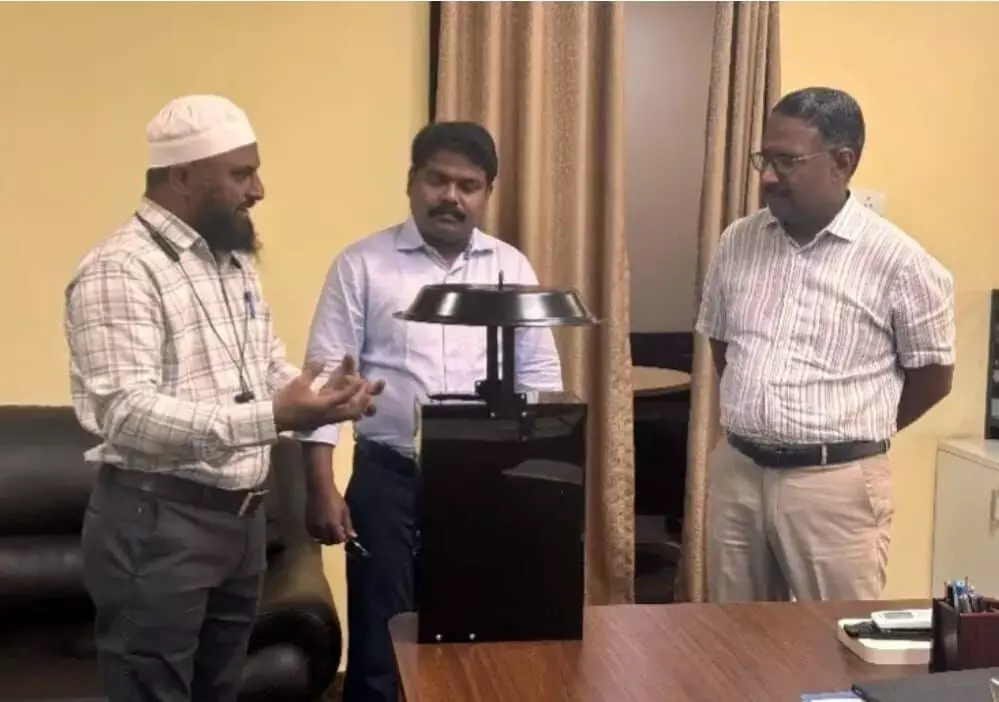AI-powered SMoSS: Andhra to launch pilot project to combat vector-borne diseases in 6 districts
AI-powered Smart Mosquito Surveillance Systems (SMoSS) will be launched across six major municipal corporations
By Newsmeter Network
AI-powered SMoSS: Andhra to launch pilot project to combat vector-borne diseases in 6 districts
Amaravati: Andhra Pradesh Municipal Administration and Urban Development (MA&UD) Department is set to launch a pilot project to combat vector-borne diseases.
AI-powered Smart Mosquito Surveillance Systems (SMoSS) will be launched across six major municipal corporations.
Pilot to cover 66 locations
According to the department, the SMoSS project will be implemented at 66 locations. The pilot rollout includes 16 sites in Greater Visakhapatnam Municipal Corporation, four in Kakinada, five in Rajamahendravaram, 28 in Vijayawada, seven in Nellore, and six in Kurnool.
AI and IoT-based surveillance
Developed by a private agency, SMoSS integrates Artificial Intelligence and Internet of Things (IoT) technologies such as drones, sensors, heat maps, and traps to detect mosquito species, gender, density, temperature, and humidity. The system will send automatic alerts when mosquito density crosses threshold levels in specific areas.
The data collected will be streamed continuously to a central server and displayed on a real-time dashboard, enabling targeted fumigation rather than the existing blanket spraying, which officials said has limited impact.
Reducing operational burden and costs
The MAUD department said the new system is expected to safeguard public health while reducing the operational burden on civic staff and cutting down costs for Urban Local Bodies. The use of drones for spraying larvicides will ensure efficient coverage with minimal chemical use, saving both time and resources.
Result-oriented outsourcing
Operations will be fully outsourced to specialized agencies, with payments linked to results to ensure accountability. Complaints from citizens and field staff will be tracked through mobile applications like Vector Control and Puramitra.
Daily disease reporting to guide action
Officials added that a daily reporting system is being put in place for hospitals to share malaria, dengue, and chikungunya cases. This data will help identify mosquito hotspots for focused interventions.
Scheduled fogging and larval treatment
Special action plans are also being prepared for scheduled fogging and larval treatments in identified hotspots to ensure effective mosquito control and enhance public health safety across urban areas, the MA&UD officials said.